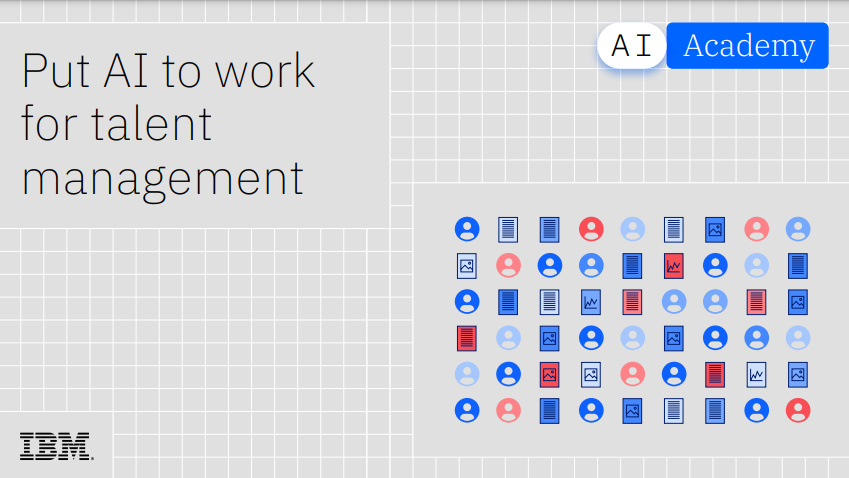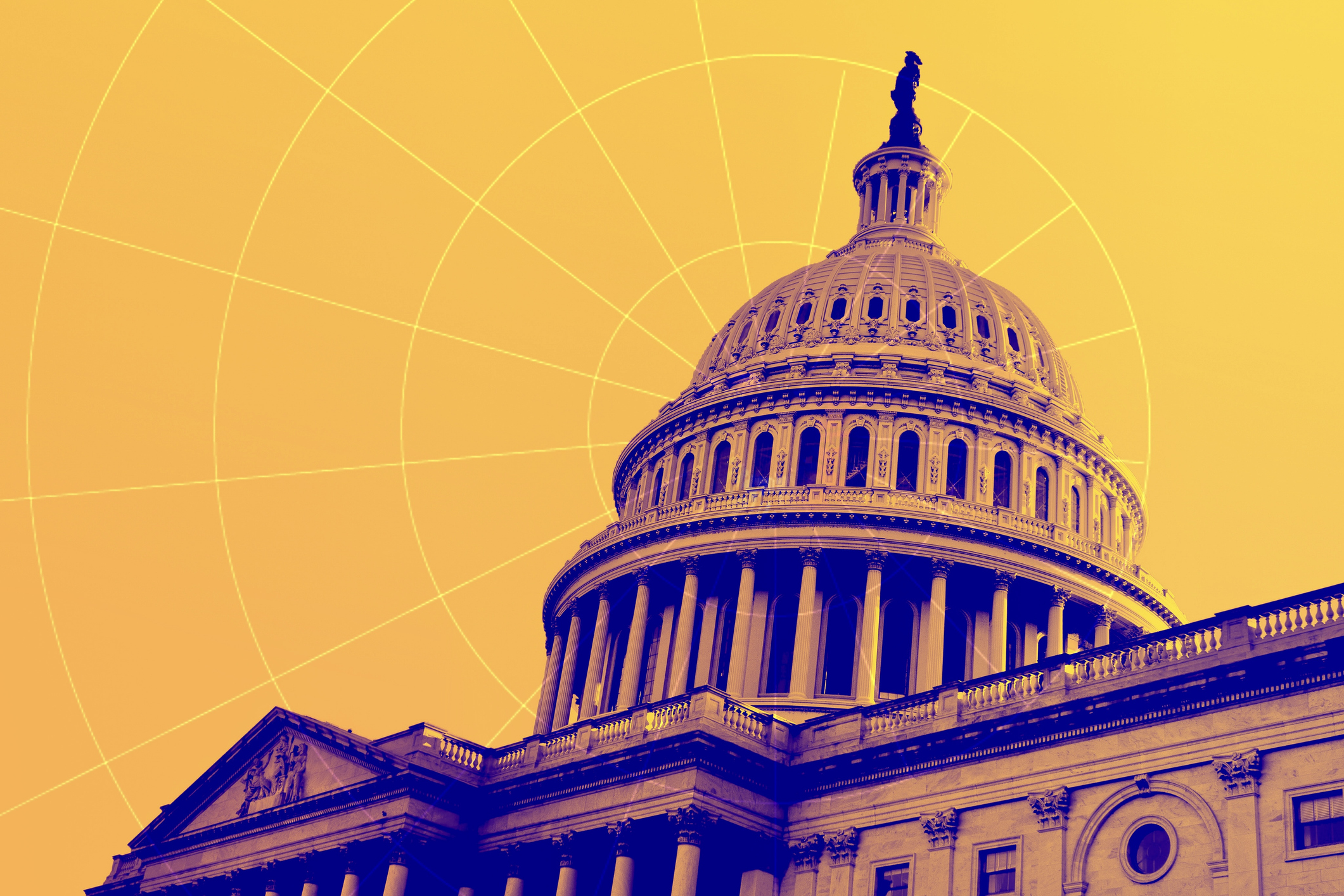Brexit will impact worldwide IT spending, admits Gartner
Brexit effect on UK and European IT spending will contribute to flat growth

Brexit will affect worldwide IT spending, contributing to flat growth in 2016 of$3.41 trillion,Gartner warned today.
However, currency fluctuations mean the analyst house's forecast is an increase from its earlier outlook of negative 0.5 per cent growth.
"With the UK's exit, there will likely be an erosion in business confidence and price increases which will impact UK, Western Europe and worldwide IT spending," said John-David Lovelock, research vice president at Gartner.
Both Dell and smartphone manufacturer OnePlus have announced their intentions to raise UK prices in response to sterling's falling value in the fallout of Brexit.
Uncertainly over Brexitwill "quickly" affect IT spending in the UK and Europe, Gartner said, but added that it is unclear how long other changes will take.
The largest immediate issue could be staffing, Gartner suggested, pointing out that non-UK workers will find the country a "less attractive" prospect.
Retaining current EU citizen staff andhaving less access to qualified new hires from abroadwill also handicap UK IT departments, the research firm said.
Get the ITPro daily newsletter
Sign up today and you will receive a free copy of our Future Focus 2025 report - the leading guidance on AI, cybersecurity and other IT challenges as per 700+ senior executives
Brexit aside, Gartner said this year marks a transition for businesses, with cloud technology and services disrupting establish markets.
From a sector perspective, Gartner predicts the biggest growth will be in software, with a spend of $332 billion, a 5.8 per cent increase from 2015. The fastest-growing segment continues to be customer relationship management (CRM) software, Gartner noted.
IT services spending is expected to total $897 billion, representing 3.7 per cent growth from 2015.
Datacentre systems' spending is also predicted to reach $174 billion in 2016, a two per cent increase from 2015. Gartner pointed to strong growth in the server markets in Greater China and Western Europe, and accelerated interest in the North American enterprise network equipment market.
Devices and communication services will attract large spending rounds, but outlook for these sectors suggests a decline. Flagging economic issues in Russia, Japan and Brazil will hold back demand and worldwide PC recovery in 2016, said Gartner.
Windows 10 upgradeshave led to further PC buying delays, it added, as consumers are willing to "use older PCs longer, once they are upgraded to Windows 10".
Lovelock explained the shifts that are taking place are "start of an amazing dichotomy".
"The pace of change in IT will never again be as slow as it is now, but global IT spending growth is best described as lacklustre," said Lovelock.
"2016 is the year that business focus turns to digital business, the IoT and even algorithmic business. To fund these new initiatives, many businesses are turning to cost optimisation efforts centring around the new digital alternatives for example, SaaS instead of software licenses, voice over LTE (VoLTE) instead of cellular and digital personal assistants instead of people to save money, simplify operations and speed time to value. It is precisely this new breadth of alternatives to traditional IT that will fundamentally reshape what is bought, who buys it and how much will be spent."
Earlier this year, the research group predicted a10 per cent in the PC market in 2016. It also projected adecline for smartphones as demand slows.
-
 Cleo attack victim list grows as Hertz confirms customer data stolen
Cleo attack victim list grows as Hertz confirms customer data stolenNews Hertz has confirmed it suffered a data breach as a result of the Cleo zero-day vulnerability in late 2024, with the car rental giant warning that customer data was stolen.
By Ross Kelly
-
 Lateral moves in tech: Why leaders should support employee mobility
Lateral moves in tech: Why leaders should support employee mobilityIn-depth Encouraging staff to switch roles can have long-term benefits for skills in the tech sector
By Keri Allan
-
 Nearly half of all digital initiatives still fail – here’s how you can learn from the ‘digital vanguard’ and deliver success
Nearly half of all digital initiatives still fail – here’s how you can learn from the ‘digital vanguard’ and deliver successNews With most digital initiatives are failing to deliver, CIOs are urged to work more closely with other executives
By Emma Woollacott
-
 IT services spending set to surge in 2025 as CIOs shift to AI partner solutions
IT services spending set to surge in 2025 as CIOs shift to AI partner solutionsNews Organizations are set to shift from buying generative AI solutions to implementing partner solutions, according to Gartner
By Ross Kelly
-
 Put AI to work for talent management
Put AI to work for talent managementWhitepaper Change the way we define jobs and the skills required to support business and employee needs
By ITPro
-
 Businesses still don’t know who’s accountable for AI at executive level
Businesses still don’t know who’s accountable for AI at executive levelNews Executives are unclear on where the buck stops in terms of AI management
By George Fitzmaurice
-
 Gartner reveals the top trends for government technology use in 2024
Gartner reveals the top trends for government technology use in 2024News Five key areas that public sector CIOs will need to address to improve citizen services
By Emma Woollacott
-
 Return to office mandates can be divisive - here are three things business leaders can do to help smooth the transition
Return to office mandates can be divisive - here are three things business leaders can do to help smooth the transitionAnalysis With return to office mandates having sparked major spats between workers and employers, leaders need to consider how they can make changes attractive and effective
By George Fitzmaurice
-
 Global IT spending set to reach $5 trillion in 2024 amid optimistic industry outlook
Global IT spending set to reach $5 trillion in 2024 amid optimistic industry outlookNews IT spending growth in 2024 is expected to be more than double that of 2023
By George Fitzmaurice
-
 What will drive IT spending in 2024?
What will drive IT spending in 2024?In-depth Generative AI spending is unlikely to be high despite the hype, but sustainable technology will become a bigger priority.
By Rich McEachran